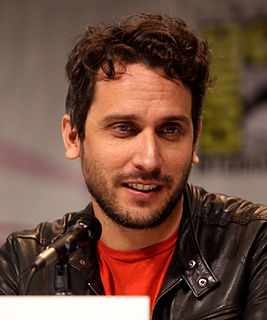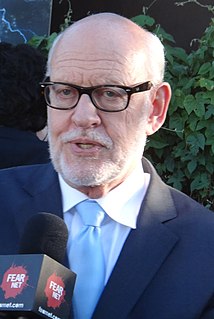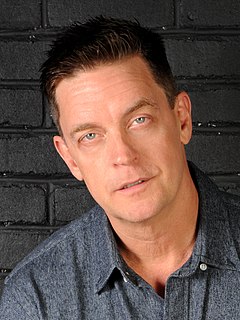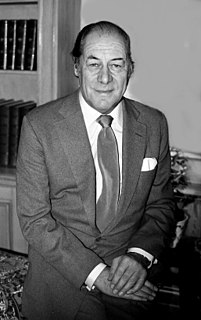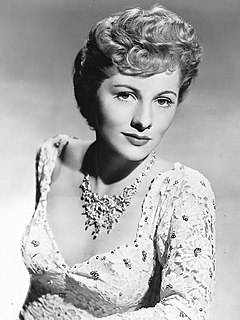A Quote by Fede Alvarez
As a director, there is nothing more fun than seeing an audience screaming and jumping. You are the ultimate puppet master, controlling the emotions of the audience.
Related Quotes
I like what a third man brings. A kind of oblique vision, seeing something in the material that you didn't know was there. As a comedian, I'm always listening to the audience. And in movies, sometimes the only audience you have is the producer and the director. I like having someone else's opinion, especially if you're on the same wavelength.
Acting is bad acting if the actor himself gets emotional in the act of making the audience cry. The object is to make the audience cry, but not cry yourself. The emotion has to be inside the actor, not outside. If you stand there weeping and wailing, all your emotions will go down your shirt and nothing will go out to your audience. Audience control is really about the actor
If the audience gets everything, if they see the photography and notice that it is good, then the story goes out the window, but if you become involved with the lives of the actors and forget that you are seeing mechanical devices on a huge screen - forget the make-believe - this is the job of the director to involve the audience with the actors.
A puppet, for example, is just a piece of wood, a couple of rivets, but put them together, and if you know how to do it, and the audience's imagination joins in with this, then a miracle will come out of that machine. That is what we and the audience do in the theatre - we create miracles in that space.
